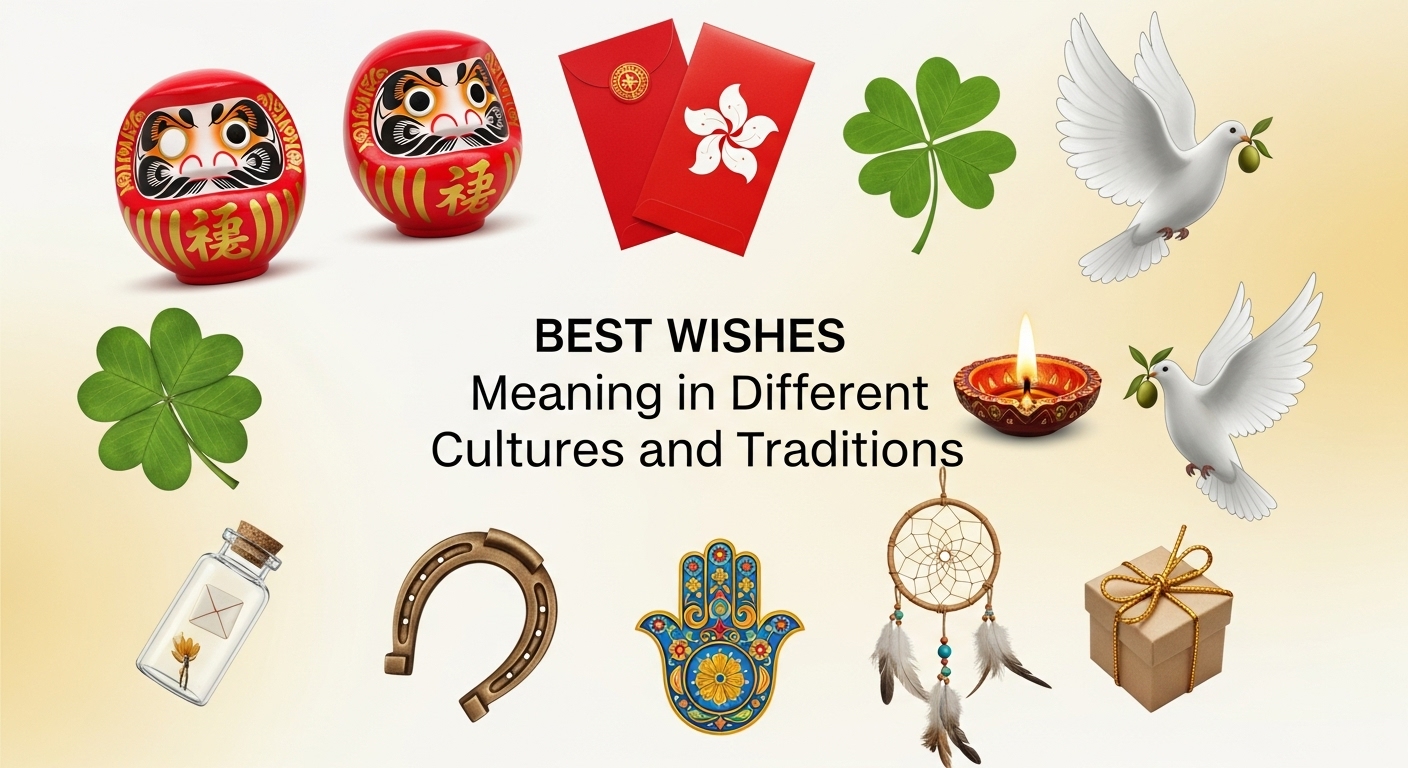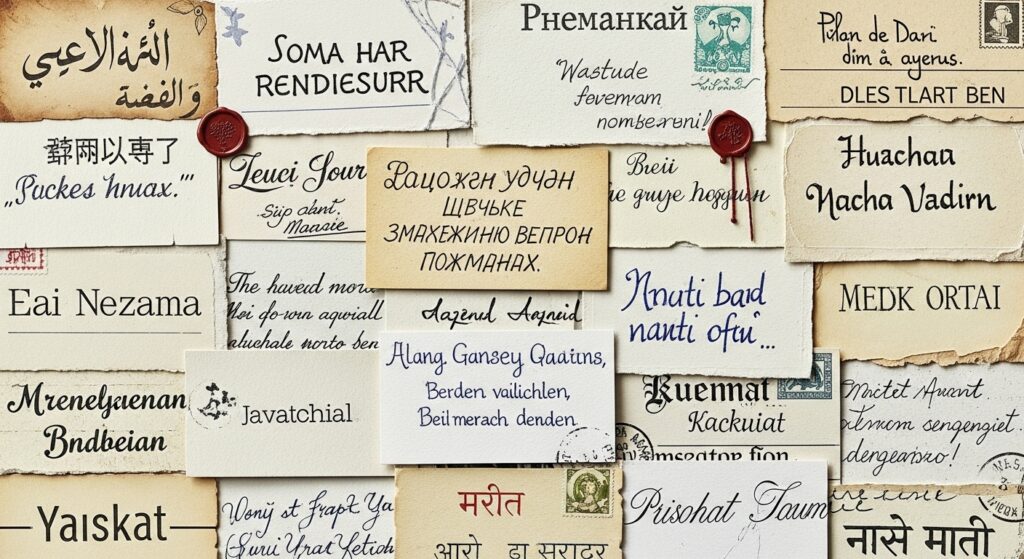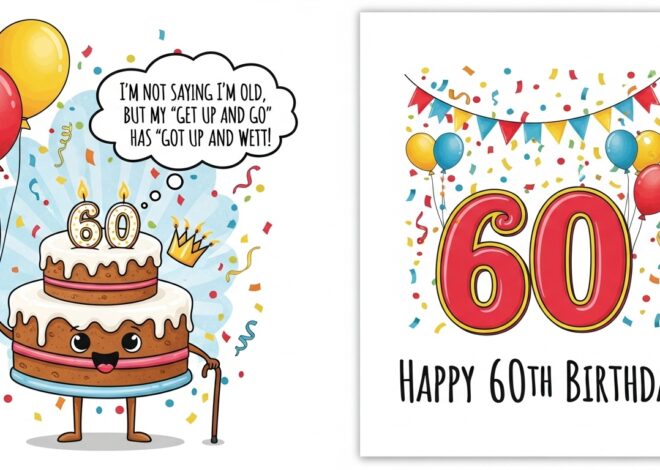
Best Wishes Meaning in Different Cultures and Traditions
You might have phrased or come across the expression “best wishes” innumerable times. Possibly, in a card, during the celebration of a marriage, or when someone got a new position. The fascinating thing though is how the concept of wishing someone well is perceived differently in various parts of the world. The best wishes doneness signifies changing depending on the culture, the decorum, or even the place. It is one of those words that seems to be worldwide, but at the same time, it is still quite deep when you really start to look at it.

Why We Say “Best Wishes” Anyway
The gesture of giving wishes was not just an extra politeness. It can be traced back to the early days when it was believed that words had power. Some practices envisaged a blessing uttered as a protection against evil. The gesture gradually changed to what we now typically write in emails or say in passing. However, the main concept is still there: a little token which aims to help the recipient to gain positive vibes.
Although the expression may now seem insignificant, the origins of the phrase remind us that best wishes were more than just velvet words. They were almost like verbal talismans that safeguarded the person. This is why 60th birthday wishes and other milestone greetings still carry such deep emotional weight.
Best Wishes Across Cultures
In Western Traditions
In English-speaking cultures, the phrase “best wishes” is most commonly used in formal situations such as wedding speeches, graduation cards, promotions at work. Basically, it is an expression that is used to indicate transitions.
In South Asian Traditions
In India and its neighboring countries, the concept of best wishes is very spiritual. Elders are often the carriers of blessings. Very frequently a younger person will bow down to receive blessings – “ashirwad”, for success, health or marriage.
Blessing phrases found even in writing still have that character: “May you prosper in every path.” It’s not so much that they are less generic, but they are more oriented toward the person’s stage of life.
In East Asian Cultures
By the way, China, Japan, and Korea all link wishing with rituals. A typical example is the red envelopes filled with money that are given away during the Lunar New Year. In fact, it is a practice of best wishes addressed to the receiver for the following year to be prosperous.
The Japanese also have these seasonal greetings such as “Akemashite Omedetou” (Happy New Year) which is a greeting full of hope and patience. The Korean greeting “saehae bok mani badeuseyo” means that one wishes the other full abundance of luck in the coming year.
Not only words but also objects, colors, and gestures are important elements of a person’s communication of their best wishes.
In Middle Eastern Cultures
Typically, every time someone uses the term “Mabrouk” (congratulations) the phrase “Allah yebarek feek” (may God bless you) comes right after it. There, best wishes are hardly free from religion. Most of the time, they are linked to faith and divine protection. Even when they are among friends, the speakers will still refer to God’s name as part of the spiritual assurance and human kindness mixture.
Best wishes meaning might be the most wonderful association between human beliefs and faith systems. Positive words do not simply communicate good intentions, they invoke something higher.
Everyday Use of Best Wishes
We can sometimes overlook the importance of tone. For instance, writing “best wishes” in an email to a boss is unlike writing it on a friend’s birthday card. The context is what changes the phrase’s impact. Some people even argue that the term “best” sounds too abrupt in sign-offs. However, maybe that is the whole point-wishes are adaptable.
Not necessarily. Sometimes a short “best wishes” suffices, nothing more.
Cultural Variations Table
| Culture/Region | Common Expression | Meaning Behind It |
|---|---|---|
| Western (US, UK) | Best wishes, warm wishes | Formal or casual good intent |
| South Asian | Ashirwad, May you prosper | Blessing tied to elders, spiritual |
| East Asian | Red envelopes, seasonal greetings | Prosperity, luck, endurance |
| Middle Eastern | Mabrouk, Allah yebarek feek | Divine blessing, spiritual intent |
| Latin American | Felicidades, Éxitos | Joy and success |

The Subtle Psychology of Well-Wishing
Why do we persist in it? Possibly, it is because when saying it we feel part of somebody else’s moment. Most of all, best wishes are not a seal of success, rather they are a point of shared hope.
Even if you do not think that words have supernatural power, they still possess a human one—just like heartfelt greetings or friends Christmas wishes that bring people closer together.
They let the other person know: “I recognize your milestone. I signify because I care.”
Final Thoughts
Best wishes meaning is different in each culture. Sometimes it is a spiritual thing, other times it is practical or symbolic. But in all places, it is still the same thing – the act of identifying and acknowledging the other person’s life path and wishing them well in their journey. Which, by the way, if you would reason with it, is not really something that belongs to the past or future but the present moment.
FAQs
1. What does “best wishes” really convey?
It represents a positive expectation of someone’s success, joy, or health, and is frequently found in quos, orations, and messages.
2. Is “best wishes” formal or informal?
It is compatible with both situations. It is always used in professional contexts, but it is also very common in personal ones, such as birthdays and weddings.
3. How is “best wishes” different from “congratulations”?
While “congratulations” is a celebratory statement that gives recognition to a specific achievement, “best wishes” is a statement that expresses hope for continued success in the future.
4. What is the cultural importance of giving best wishes?
Wishing well is a practice deeply rooted in the traditions, spirituality, and social ties of the majority of the cultures—it is not merely a phrase of courtesy.
5. What can I say instead of “best wishes”?
Some alternative expressions include “warm regards,” “all the best,” “good luck,” or even some culture-specific blessing terms such as “ashirwad” or “mabrouk” that can be used.

AR Smith specializes in meaningful quotes, thoughtful greetings, and unique gift guides. His writing helps readers express emotions in the most beautiful way. Whether it’s a birthday, anniversary, or just a kind thought, AR crafts the perfect words to share love and happiness.



